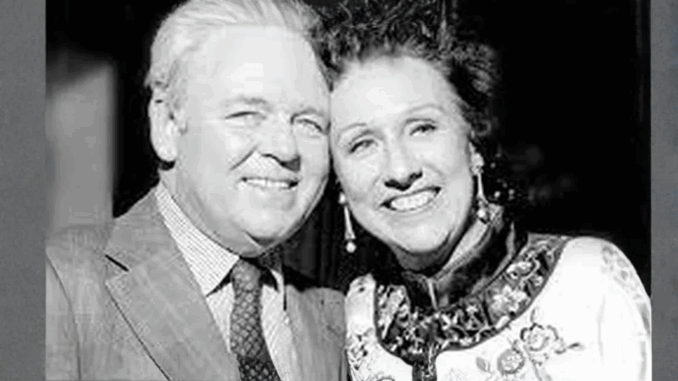
While the 1970s produced countless TV hits, All in the Family stood out by challenging norms, sparking national conversations, and changing television forever.
How All in the Family Redefined 1970s TV and Sparked a Cultural Movement
The 1970s was a golden era for television, packed with memorable sitcoms, variety shows, and family favorites. From The Mary Tyler Moore Show to MASH*, audiences were spoiled for choice. But while many of these shows earned critical acclaim and ratings success, only one sitcom truly reshaped the cultural conversation: All in the Family.
More Than Just a Hit — It Was a Revolution
When All in the Family premiered in 1971, no one expected a sitcom to spark controversy — or start a movement. Led by Carroll O’Connor as Archie Bunker, the show wasn’t afraid to shine a light on the uncomfortable truths about American society. Racism, sexism, politics, war, religion — no topic was off-limits. Viewers were shocked, then hooked. And suddenly, primetime wasn’t just about entertainment. It was about reflection, debate, and social awareness.
While other comedies played it safe, All in the Family leaned into discomfort. It forced viewers to question their beliefs, confront prejudice, and laugh through the awkwardness of real life.
A Bold Voice in a Conservative Medium
Before All in the Family, sitcoms were feel-good escapes. They avoided tension, tiptoed around controversy, and rarely mirrored the real world. But this show broke the mold. Creator Norman Lear and his team understood that comedy could do more than entertain — it could educate and provoke.
Archie Bunker was both the heart and the cautionary tale. His outdated views made him a source of humor, but also a mirror for the audience. Meanwhile, Edith, Gloria, and Mike offered contrasting perspectives, creating a dynamic that reflected the generational and ideological divides shaping America.
Cultural Impact That Still Echoes
Beyond ratings, All in the Family inspired real-world conversations. Dinner tables, classrooms, and workplaces buzzed with debates about the issues raised in each episode. The show became a platform for national dialogue, one laugh at a time.
Its legacy birthed a wave of socially conscious television — shows like The Jeffersons, Maude, and Good Times followed its lead, tackling injustice and inequality with wit and heart.
A Show That Changed What TV Could Be
All in the Family proved that television could be more than a diversion — it could be a force for change. It didn’t just reflect culture; it shaped it. The show gave a voice to the voiceless, challenged the status quo, and opened the door for decades of bold storytelling.
While the 1970s gave us many beloved series, only All in the Family started a movement. It dared to speak the truth when silence was easier, and in doing so, it forever redefined what television could achieve.